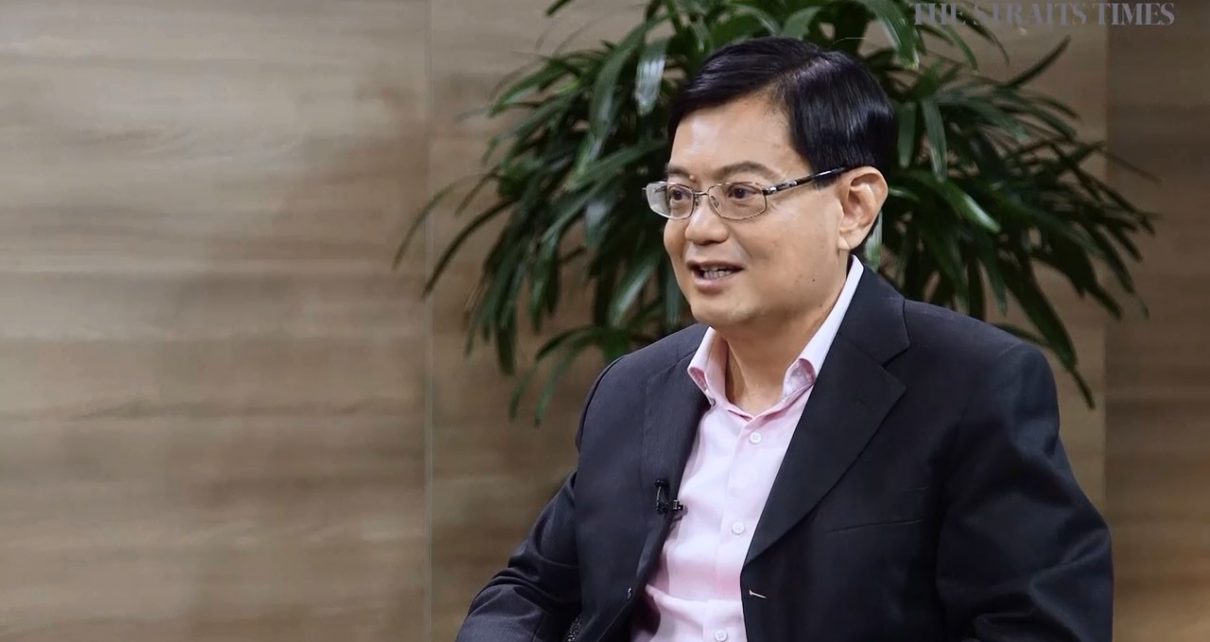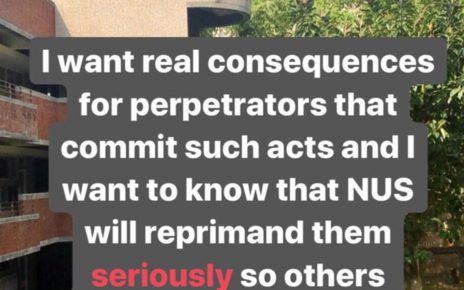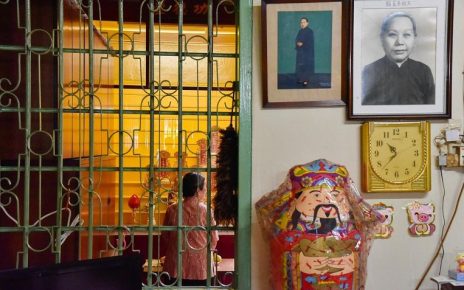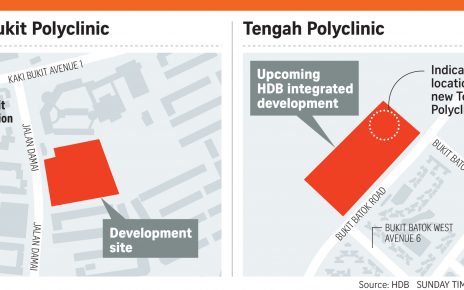
Transforming the economy, ensuring inclusive growth and creating good jobs and opportunities for Singaporeans amid rapid changes in the global landscape are key areas which Deputy Prime Minister Heng Swee Keat and his colleagues are focused on in the immediate term.
But the “biggest unknown” in the years ahead is how politics in Singapore will play out, and whether it can be kept constructive and forward-looking, Mr Heng noted.
“We have had 50-over years of very constructive politics. We have been able to keep our society cohesive and united. We have been able to achieve consensus on a large number of short-term as well as long-term issues, and that has allowed Singapore to really make good progress,” Mr Heng said, in his first interview since becoming DPM on May 1.
But he noted that political polarisation and fragmented societies are serious problems in many parts of the world, and said the fourth-generation leaders are working on a “normative scenario” to keep politics in Singapore constructive, and the country cohesive and united.
One of the important pieces, he said, will be to engage citizens from different segments of the population, so they can better understand the diversity in society, and continue building on the strengths of Singaporeans by working together with them, from tripartite relationships to community partnerships.
This will build on the legacy left by founding prime minister Lee Kuan Yew, under whose leadership a multiracial, multi-religious and cohesive society was created, allowing Singapore to tackle many challenges.
Under former PM Goh Chok Tong, now Emeritus Senior Minister, a more open, consultative style was brought in, which has been carried on by current PM Lee Hsien Loong.
Mr Heng, whose appointment to DPM has signalled his standing as the next PM, said he hopes to provide more details in the coming months of an initiative to converse with Singaporeans, to hear their concerns and aspirations.
During a broad-ranging interview discussing his plans and leadership style, Mr Heng said one of his immediate priorities is streamlining the structure of the Future Economy Council and the National Research Foundation (NRF) Board.
Mr Heng, who chairs both boards, said this will provide a clear structure to drive the economic changes Singapore needs, with faster decision-making and the ability to engage business and union leaders more readily.
The Future Economy Council, which oversees skills and innovation efforts, comprises members from Government, industry, unions, and educational and training institutions, while the NRF, part of the Prime Minister’s Office, charts the national direction for research and development. “Because technology and innovation is going to drive economic changes so much more than before, I would like to align what we do in our universities in basic research with innovation and enterprise activities,” said Mr Heng, who is also Finance Minister.
At the same time, Mr Heng said the Government will look to help small and medium-sized enterprises, which may be too small to adopt expensive technologies on their own, to tap platform solutions.
On economic transformation, he said: “The changes are not just economic; it is also social. If we can create better jobs for our people, it will allow our people to have a better standard of living and better quality of work life.”
Mr Heng said when societies become fragmented, they cannot have the political consensus to do the right thing, or undertake “painful measures” necessary for the long term. He hopes that Singapore will not have this kind of politics and, instead, will be prepared to face realities squarely and resolve problems.
Hard decisions are already being made, he said, such as the planned goods and services tax hike by 2 percentage points to 9 per cent, to take place some time between 2021 and 2025. This is to set aside resources for healthcare and an ageing population, among other needs.
Why not spend more of Singapore’s reserves? Mr Heng said that the biggest contributor to government revenue is the Net Investment Returns Contribution – up to 50 per cent of the returns on the reserves.
As a country with no natural resources, Singapore’s founding leaders and generations have been able to accumulate a “nest egg” of reserves, which is critical to safeguard for future generations.
“One of the key things that our founding leaders and, in fact, generations of leaders and Singaporeans have been able to agree on is to focus on the long term, don’t take short cuts, focus on what is important for Singaporeans in the long run, even if it may be painful in the short run,” said Mr Heng.
READ MORE
From DPM Heng’s interview:



